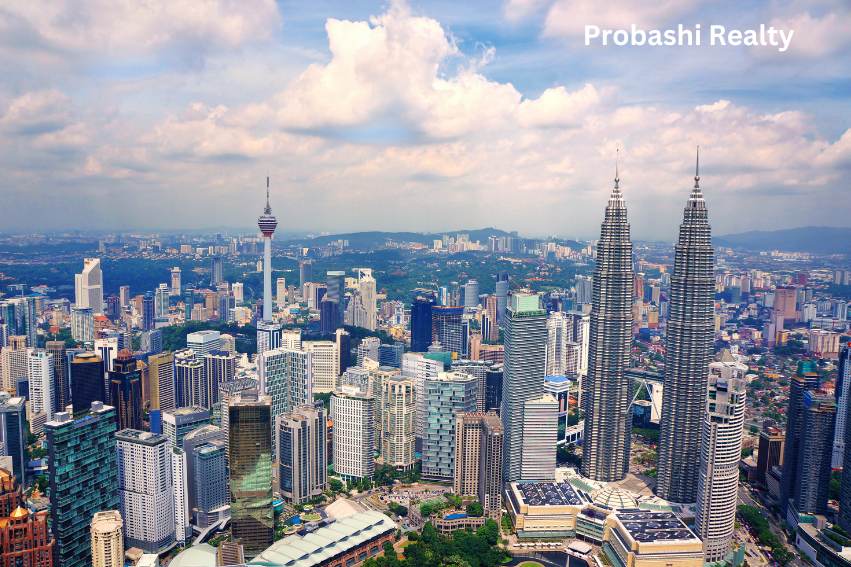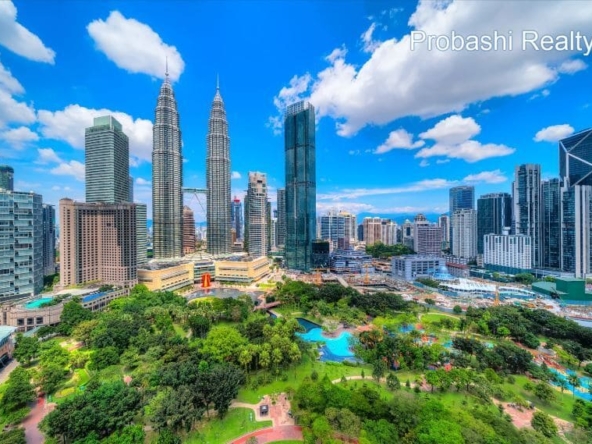Buying property in Malaysia as a foreigner is possible, but there are certain regulations and considerations to be aware of. Here’s a comprehensive overview:
-
Legal Framework:
- Malaysia has specific regulations governing property ownership by foreigners, which vary depending on the state (e.g., Penang, Kuala Lumpur, Johor).
- Generally, foreigners can purchase property in Malaysia, but there are restrictions on certain types of properties, such as agricultural land and properties designated for Bumiputera (indigenous Malays).
-
Types of Property:
- Residential Property: This includes condominiums, apartments, landed houses, and bungalows.
- Commercial Property: Offices, retail spaces, industrial buildings, etc.
- Land: Non-Bumiputera foreigners are typically restricted from purchasing agricultural land, but they can buy residential and commercial land.
-
Ownership Options:
- Leasehold Ownership: Most residential properties in Malaysia are sold on a leasehold basis, typically for 99 years.
- Freehold Ownership: Freehold properties are less common but offer perpetual ownership rights.
-
Legal Process and Documentation:
- The property purchase process typically involves signing a Sale and Purchase Agreement (SPA) and transferring ownership at the Land Office.
- It’s advisable to engage a Malaysian lawyer or solicitor who specializes in property transactions to assist with legal matters, contract review, and ensuring compliance with regulations.
-
Financing:
- Foreigners may face restrictions when obtaining financing from Malaysian banks. Some banks offer financing options to non-residents, but the terms and requirements can be more stringent compared to locals.
-
Taxation:
- Stamp Duty: Stamp duty is payable on the SPA and transfer of property ownership. The rates vary depending on the property value and location.
- Real Property Gains Tax (RPGT): RPGT is imposed on the capital gains from the sale of property. The rate depends on the holding period and varies for citizens, permanent residents, and non-residents.
- Property Tax: Property tax is levied on property owners annually but is relatively low compared to some other countries.
-
Residency and Visa Requirements:
- Purchasing property in Malaysia does not automatically grant residency or citizenship. However, there are various visa options available for property investors, such as the Malaysia My Second Home (MM2H) program, which offers long-term residency to foreigners who meet certain criteria.
-
Local Regulations:
- Regulations regarding property ownership, zoning, and land use vary by state and local authority. It’s essential to understand and comply with these regulations before purchasing property.
-
Real Estate Agents:
- Working with a licensed real estate agent (real estate negotiator) can facilitate the property search process, provide market insights, and assist with negotiations.
By understanding these factors and seeking professional advice, foreign buyers can navigate the process of purchasing property in Malaysia effectively and enjoy their investment in this diverse and dynamic country.



